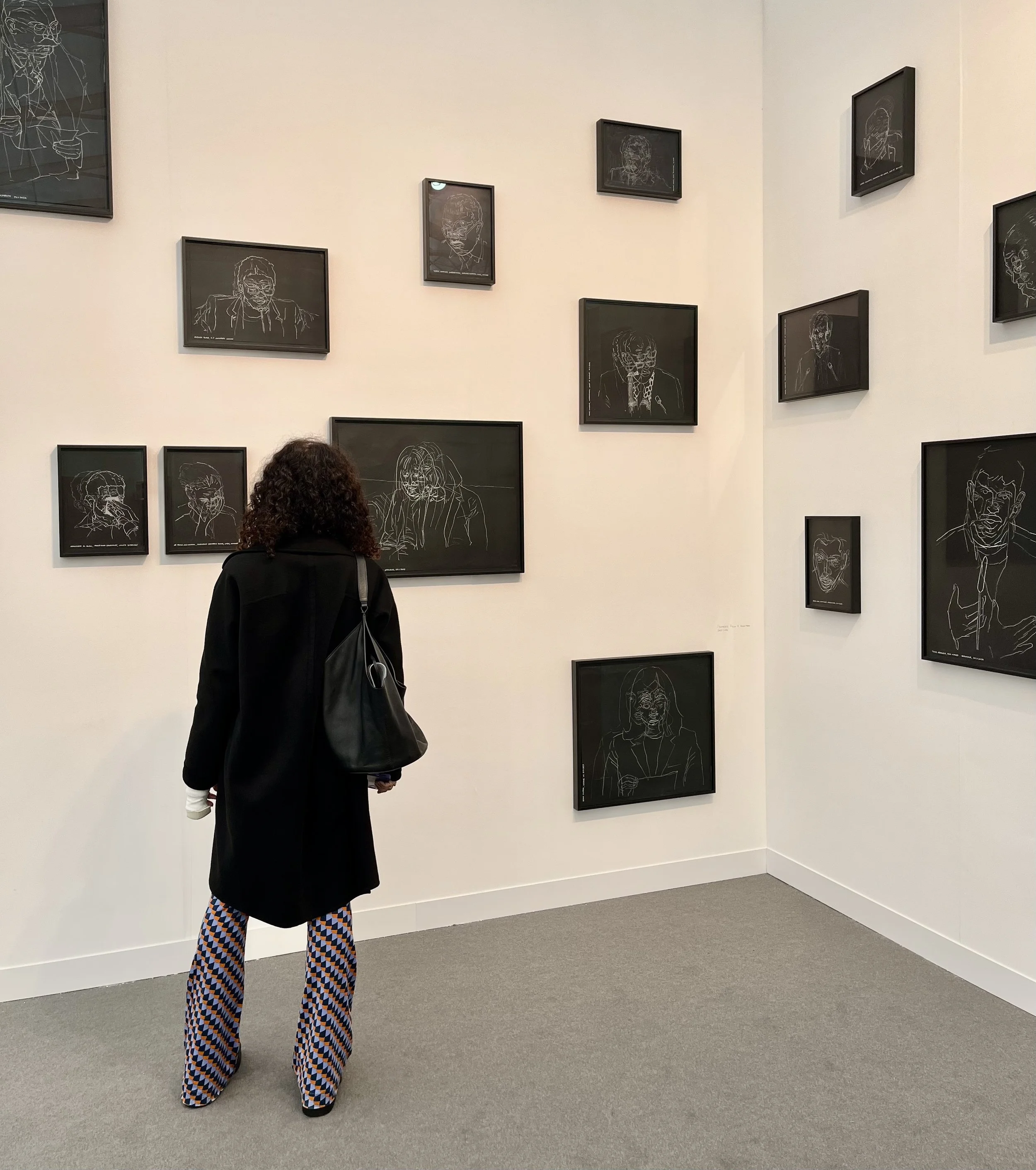Fifteen Top Tips for Collectors
Here are a few guidelines for successful collecting. Above all, purchase what you love, but do it wisely.
Develop Your Knowledge Base: Immerse yourself in gallery visits, art fairs, and museum exhibitions. Look at a lot of art!
Practice Rigorous Due Diligence: Always independently verify provenance, and authenticity documentation.
Prioritize Condition: Condition has a major affect on value. Have an expert assess any new purchases, especially when a work has age.
Consider Long-term Value: Prioritize artists with strong market histories and institutional recognition.
Quality Over Quantity: Purchase the best example of an artist’s work your budget will allow.
Consider a Focus: Think about which specific periods or movements resonate most, or consider a focus on a certain region or technique. The art world is vast—sometimes a focus can help scale it down.
Allow Yourself to Let Things Go: Over time, tastes and focus may change. Don’t agonize over divesting a piece that might be better enjoyed by another collector.
Call the Professionals: Use art-specific transport, installers, and high-quality framers.
Have an Appraisal: An up-to-date appraisal is not just an insurance tool, it’s an important record of a collection at a point in time.
Document Everything: Maintain detailed records and implement proper documentation systems— both digital and physical.
Listen to Your Gut: If you can’t stop thinking about a piece, that’s an important cue. When it’s easy to “fall out of love”, it’s best to pass.
Don’t Feel Rushed: Although there are some instances where time is of the essence, no one should ever feel pressured to purchase art.
Plan for Maintenance: Consider conservation and preservation needs over time.
Protect Your Investment: Be sure the appropriate insurance and security systems are in place.
Work with Experts: Partner with reputable galleries and advisors for guidance.

